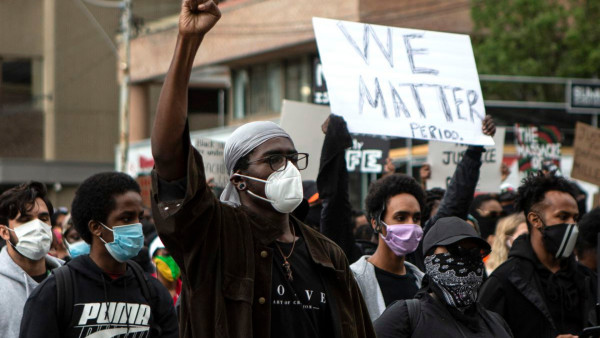During the height of the COVID-19 pandemic, when other restaurants’ bottom lines were suffering, Elias maintained a bustling takeout business and never missed a rent payment. Additionally, the restaurant invested approximately $150,000 in renovations over the course of the tenancy to make the premises suitable for their restaurant’s needs.
As the lease term was coming to an end, the Tenant wished to exercise their option to renew the lease for another five years and made several efforts to communicate this to the Landlord. However, the Landlord decided that it wished to replace the Tenant with someone more suitable to attract “like-minded family-oriented customers.” As a result, the Landlord deliberately ignored and avoided communicating with the Tenant regarding the lease renewal. Justice Morgan described the landlord’s suggestions that the restaurant owners were “unattractive” tenants as a form of 'Othering’ of minority people . . . in the guise of a legal method.”
The judge agreed with the restaurant that it was denied its right to renew not because of anything it did or anything within its control. The Court took the case one step further and accepted as fact, there is the existence of anti-black racism in Canadian society. “Identifying a family-run restaurant as not family-friendly, and impugning a restaurant-bar for serving ‘liquor’ and having smokers stand outside the premises, all point to a mindset that condemns the minority population for what is considered normal behaviour for the majority population,” said the judge.
Ordering a party to reinstate a lease is discretionary, so the Court looked at what would happen if the lease was terminated. From the Tenant’s perspective, they would lose their substantial investment, goodwill, and dignity due to prejudice. The Court ordered that the lease be renewed for five years and prevented the Landlord from terminating the lease unless the tenant has caused a breach of the lease.
WHY THIS CASE MATTERS
Courts do not usually interfere in commercial leases unless the lease would result in extreme unfairness to one party. If you can establish racism or discrimination and no legal wrongdoing on your part, the other side may be ordered to continue to conduct business with you. Although the Landlord did not say or do anything explicitly racist, the landlord’s behaviour was so obviously racially motivated that the Court barely had to read between the lines to decide in favour of the Tenant. Freedom of contract allows one to contract for many things, but discrimination is not one of them. This one case sent a strong message to Canadians that discrimination has no place in society nor the courts.
Tanya Walker obtained her law degree from Osgoode Hall at York University in 2005 and her Honours Bachelor of Commerce with a minor in Economics from McMaster University in 2002. She was called to the Ontario Bar in 2006 and created Walker Law a litigation law firm in 2010.
Tanya is currently serving a term as Bencher of the Law Society of Ontario; elected by her peers as not only the first Black elected female Bencher from Toronto, in the 220-year history of the Law Society, but also as one of the youngest sitting Benchers. Tanya is a frequent speaker on legal issues to the Toronto Community and regularly appears on the CTV Show, Your Morning as a legal expert. She has also been named in the 2017 and 2018 Lexpert Guides as one of the Leading Lawyers to Watch in Corporate/Commercial Litigation and is also the recipient of the 2018 Women’s Business Enterprise of the Year Award. Tel: 647-342-2334 ext. 302 Email: tanya(at)tcwalkerlawyers.com.










